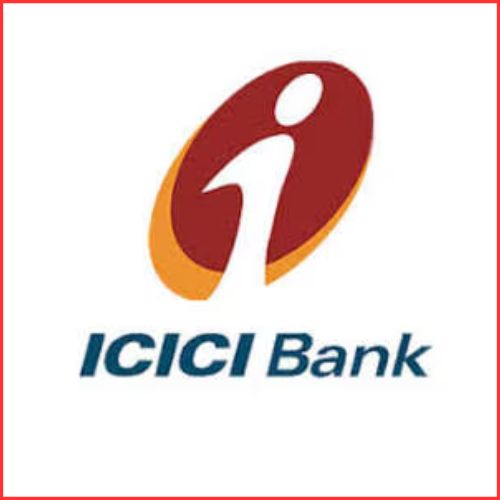Dabur India Ltd reported a 2.85 percent YoY decrease in its consolidated net profit for the second quarter ended September 30 to 490.86 crore, down from 505.31 Cr in Q2FY22.
Dabur India Ltd reported a 2.85 percent YoY decline in its consolidated net profit for the second quarter ended September 30 to 490.86 crore, down from 505.31 Cr in Q2FY22.
However, its revenue from operations increased by 6% to 2,986.49 crores in Q2FY23, up from 2,817.58 crores in Q2FY22. Constant currency revenue growth in the second quarter was 8.5%. The consolidated revenue for the quarter grew at a 10.5% CAGR over the previous three years.
In a regulatory filing, the company stated that it has continued to demonstrate agility and resilience in order to deliver consistent organic growth in a challenging environment marked by unprecedented inflation and the resulting impact on consumption.
“While the challenging economic environment has remained a concern and has impacted purchasing power, we are seeing green shoots of recovery with the arrival of the holiday season.” Inflationary pressures had a greater impact on rural markets, with demand growth in the hinterland lagging behind that in urban markets for the first time in five quarters. However, we are optimistic about rural demand reporting a smart recovery in the coming quarters, and we are investing ahead of the curve to ride this demand recovery by expanding our rural footprint by adding new rural locations in nearly 9,000 villages in Q2 of 2022–23 to take our total coverage to over 100,000 villages, “Dabur India Ltd Chief Executive Officer Mr. Mohit Malhotra said.
Dabur is focused on creating shared value and is increasing capital expenditure, digitalization, and sustainability investments. Dabur has made rapid progress on the ESG front and has set ambitious goals for the future. In 2021-22, Dabur became the first Indian consumer goods company to become 100% plastic waste neutral. “Never one to rest on our laurels, we have set a goal of becoming Plastic Waste Positive this year by collecting, processing, and recycling 35,000 MT of post-consumer plastic waste across India.” Mr. Malhotra stated, “We are committed to creating circularity in the value chain in order to achieve a positive balance by 2030, as well as becoming Water Positive by 2030 and Carbon Neutral by 2040.”
Dabur’s brands have increased market share ahead of the competition in 95% of its product range. Dabur increased its market share in juices and nectars by 410 basis points, while our market share in digestives increased by 270 basis points. Our Chyawanprash market share increased by 120 basis points, while our shampoo market share increased by 40 basis points. Dabur increased its market share in hair oils by 20 basis points. Dabur’s strategy remains based on innovation, with new releases accounting for approximately 4% of sales.
Dabur’s Foods & Beverages division experienced 30% growth. While the food business increased by 21%, the beverage business increased by more than 30%. The Home Care sector grew by about 21%, while the Toothpaste sector grew by more than 11% for the quarter, thanks to the success of our iconic Dabur Red Paste. During the quarter, the shampoo and post-wash business increased by 9%. Furthermore, Dabur’s OTC Ayurvedic division increased by more than 9% quarter over quarter. Dabur’s International Business increased by 12.3% in constant currency terms, with significant increases in constant currency in Egypt (23%), Turkey (86%), and Nepal (25%).
















